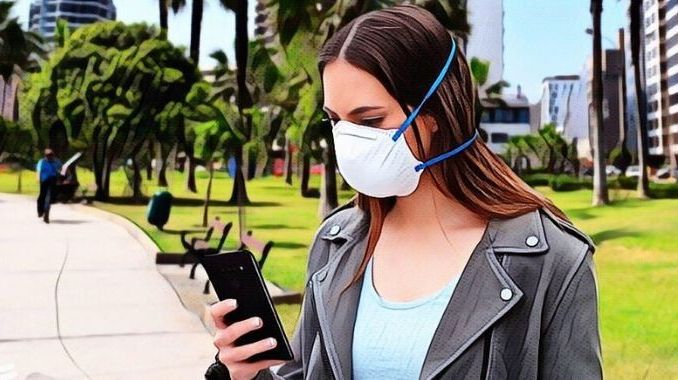
According to the Inter-American Commission on Human Rights, States should only store personal data collected during the health emergency.
The Data Protection Law remains stagnant in the National Assembly. In the health emergency, the executive could authorize the use of satellite, digital and mobile phone platforms. With this, the data of Ecuadorians could be at risk.
On March 16, 2020, with the issuance of the decree declaring the State of Exception throughout the national territory, the Government enabled the use of “satellite and mobile phone platforms to monitor the location of people in a state of sanitary quarantine and / or mandatory isolation ”. This section is found in Article 11 of Executive Decree 1017.

The use of the different applications and platforms, as well as the monitoring of the citizens at risk of contagion has been evidenced in certain national channels in which the President, Lenín Moreno, has called for attention to the citizens to maintain the measures of lockdown.
In this context, the Constitutional Court ruled that these technologies should only be used to address the health emergency and track the virus and this should not be used in a way that impairs the rights to privacy or to not be discriminated against.
In addition, the Ecuadorian government clarified it must protect the personal data of patients or others whose health was subject to monitoring in relation to the pandemic.
However, according to a follow-up from the Human Rights Watch portal, on the Salud Ec digital application, users must indicate their name, year of birth, national identity document, telephone number, email and geolocated address.
They consider that these requirements contradict the principle of minimization of data that indicates that only the information that is necessary for the declared object should be processed and that they should not be kept or used for other purposes.
“If the purpose of the application is to allow people to voluntarily report symptoms of the virus and contact health services, it is not clear why various personal data, including the user’s geolocated address, would be requested,” says Human Rights Watch.
With these clarifications and with antecedents such as the data leakage of more than 20 million Ecuadorians discovered by the VpnMentor firm, in September 2019, it is necessary to process a law that protects personal data of citizens.
On this, the director for the Americas of Human Rights Watch, José Miguel Vivanco, explained:
“Carrying out surveillance measures to prevent the spread of Covid-19 without a law that protects personal data or an independent body that oversees its compliance puts Ecuadorians’ right to privacy at risk.”
He added that “the National Assembly should treat the bill proposed by President Moreno as a priority. In addition, clear guidelines must be established on the consent required to collect personal data, as well as the limits to the treatment, use and preservation of this data, even in periods of emergency ”.
The Inter-American Commission on Human Rights has reminded States that, during the Covid-19 emergency
“They should only store personal data collected during the emergency for the limited purpose of fighting the pandemic, without sharing it for commercial or other purposes”
Source: Human Rights Watch / Presidency of the Republic

Be the first to comment